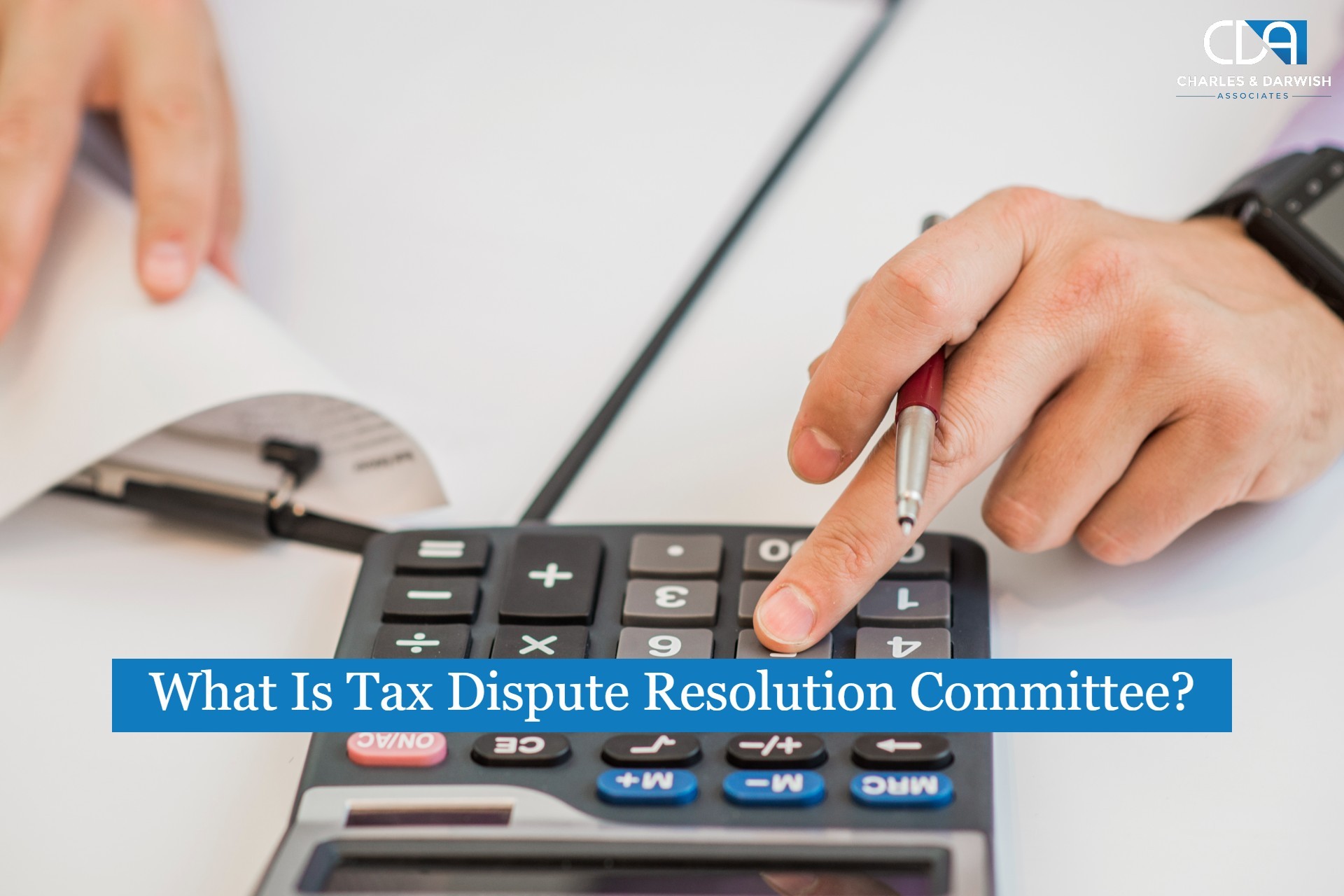How Bad Debts Accounting Affect Businesses
Most companies have long term plans to expand their businesses but don't have the acceptable funds to ascertain these plans through. Under such circumstances, the corporation chooses loans or borrow money from various other sources to fulfil their plans. Off late, debt is considered as a fundamental part of the business process, and it's expected for any business to take loans, but the corporate shouldn't depend upon gaining funds in such a fashion. Bad debt can have a detrimental impact on a business. If a client owes you money and you're unable to recover the cash owed in any way possible, then you'll need to write off the debt. This unrecoverable debt is understood as a bad debt. Bad debt of a small value won't affect the corporate much, but if there are many defaulters or a tremendous amount of cash which can't be repaid, then the corporation may need to file for bankruptcy.
What are bad debts and their accounting treatment?
Bad debt is a loss incurred to the business from the unrecoverable amount even after making all efforts to obtain. The debtor cannot pay off the debt because of bankruptcy. It also happens when the creditor overpassed the amount that is supposed to be collected. The impact of bad debts related to assets is reported on the earnings report as Bad Debts Expense or Doubtful Accounts Expense. When the allowance method is employed, the journal entry to Bad Debts Expense will include a credit to Allowance for Doubtful Accounts, a contra account and valuation reserve to the assets. The allowance method anticipates the losses and thus requires the utilization of estimates.
Why do bad debts happen?
There are several reasons why bad debts happen, but within the majority of the cases, debt occurs in the situation of an individual or the corporate:
- Doesn't perform the required background checks and offers credit to each customer
- Recession in the economy
- Lacks efforts to obtain the payments and the customer might not be ready to repay the loan amount
Impacts of bad debts
As they're called, the impact of bad debts isn't good for your business. If you've got an outsized number of bad debts, then you actually have to take quick action and make sure that your assets process is being managed effectively. To mention the smallest amount, the impact of bad debts is poisonous to your business. These bad debts not only affect the finances of a company but also affects the accounting process.

Also read, Bad Debts Adjustment Scheme Under Vat In Dubai
The handling of bad debts in accounting may be a very complicated process. Bad debts can complicate the method of accounting as they will make it difficult to know when the sale was conducted. a purchase is considered to have happened when there's a transfer of goods, and there's a transfer of money on the opposite hand. Only the removal of the thing in question doesn't mean that purchase went on. The method of accounting for a non-paid sale is different, which forces you to travel through a varied collection and reporting procedures. This overdue payment, if remained unpaid, will become debt. The major’s impacts are:
1. Poor cash flow
The poor cash flows arise from late payments or no payments from the client. The volatile business environment can result in negative cash flows even leading to bankruptcy. Therefore, unrecoverable amounts affect the financial stability of the company.
2. Default risk inherent to extending credit
Bad debts create detrimental effects on business health as it affects the working capital of the company. The receivables are reduced and the credit policy is affected merely by the loan payments of the company. Therefore, the payments get delayed and the overall financial stability of the organization falls under the risk of survival.
3. Enhanced financial obligations
The financial obligations are falling margins and poor sales growth. The Extended payment days of the creditors and suppliers create a default on payments. Increase in interest payments and difficulty in raising capital.
4. Reduced profitability
The bad debt expense is treated as firstly, subtracted from sales revenues on the income statement, thereby lowering Net profit. Secondly, the firm credits an allowance for doubtful accounts. On the balance sheet, lowers the firm's net accounts receivable. It reduces the values of current assets and total assets in the financial statement.
5. Inefficient Dunning Process
Failure to adhere to a dunning process can quickly rack up bad debt and the collection rhythm may change, thereby creating a blip in bad debt. The dunning process is entirely the realm of a company and should be laid out in clear.
CDA Accountants in Dubai
CDA has highly qualified and experienced chartered accountants as tax advisers who have relevant industry-specific experience in VAT compliance with UAE Laws. CDA experts can provide you with sufficient advice on bad debt adjustment and help you file the tax return on time.

You may also read, Impact of Economic Substance Regulations on the Businesses in UAE
CDA also offers a wide range of business services that include CFO Services, Auditing Services, Accounting & Bookkeeping Services, Accounting Software Services, Payroll Services, and Tax Filing & VAT Consultancy Services in Dubai. Feel free to contact us if you have any enquiries regarding your firm’s VAT related issues or about your current business.
Got clear about the impact of bad debts accounting on business? Contact CDA for any kind of accounting or finance-related doubts. Our experts will give you a one-hour Free Consultation to clear your doubts properly!
You may also likes to read: VAT Adjustment Relating to Bad Debt Relief

Mark Thompson
Full-stack Developer, Blogger, and Tech Enthusiast.
Mark specializes in digital marketing, SEO, and content strategy.













